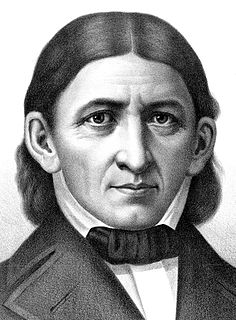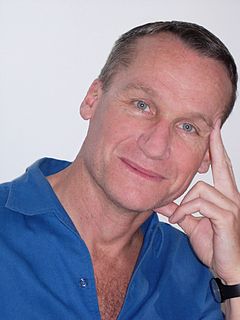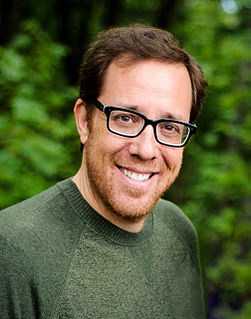A Quote by Manuel Puig
The translator's task is to create, in his or her own language, the same tensions appearing in the original. That's hard!
Related Quotes
The translator ... Peculiar outcast, ghost in the world of literature, recreating in another form something already created, creating and not creating, writing words that are his own and not his own, writing a work not original to him, composing with utmost pains and without recognition of his pains or the fact that the composition really is his own.
The translator has to be a good writer. The translator has to hear music too. And it might not be exactly your music because the translator needs to translate the music. And so, that is what you are hoping for: a translator who gets what you are doing but who also gets all the ways in which it won't work in the new language.
As the base rhetorician uses language to increase his own power, to produce converts to his own cause, and to create loyal followers of his own person - so the noble rhetorician uses language to wean men away from their inclination to depend on authority, to encourage them to think and speak clearly, and to teach them to be their own masters.
I believe that we must use language. If it is used in a feminist perspective, with a feminist sensibility, language will find itself changed in a feminist manner. It will nonetheless be the language. You can't not use this universal instrument; you can't create an artificial language, in my opinion. But naturally, each writer must use it in his/her own way.
It is almost impossible to translate verbally and well at the same time; for the Latin (a most severe and compendious language) often expresses that in one word which either the barbarity or the narrowness of modern tongues cannot supply in more. ...But since every language is so full of its own proprieties that what is beautiful in one is often barbarous, nay, sometimes nonsense, in another, it would be unreasonable to limit a translator to the narrow compass of his author's words; it is enough if he choose out some expression which does not vitiate the sense.
The mind grows by self revelation. In play the child ascertains what he can do, discovers his possibilities of will and thought by exerting his power spontaneously. In work he follows a task prescribed for him by another, and doesn't reveal his own proclivities and inclinations; but another's. In play he reveals his own original power.
Just as counterpoint and harmony follow their own laws, and differ in rhythm and movement, both formal tensions and color tensions have a development of their own in accordance with the inherent laws from which they are separately derived. Both, however, aim toward the realization of the same image. And both deal with the depth problem.
Man's main task in life is to give birth to himself, to become what he potentially is. The most important product of his effort is his own personality. One can judge objectively to what extent a person has succeeded in his task, to what degree he has realized his potentialities. If he has failed in his task, one can recognize this failure and judge it for what it is - a moral failure.
An actor uses his body as a tool and an instrument. In the same way a musician plays an instrument, the actor uses his body to convey feeling and emotion. An animator uses a pencil or a computer to create the same thing, the same exact way... An actor is taking words that are not his own, and he has to bring some kind of authentic life to those words. It's the same goal, to create this authentic life. Even if it's a drawing, or if it's a cartoon, you're still trying to create authenticity because, if the character emotes authentically, it has a power to connect with the audience.

































